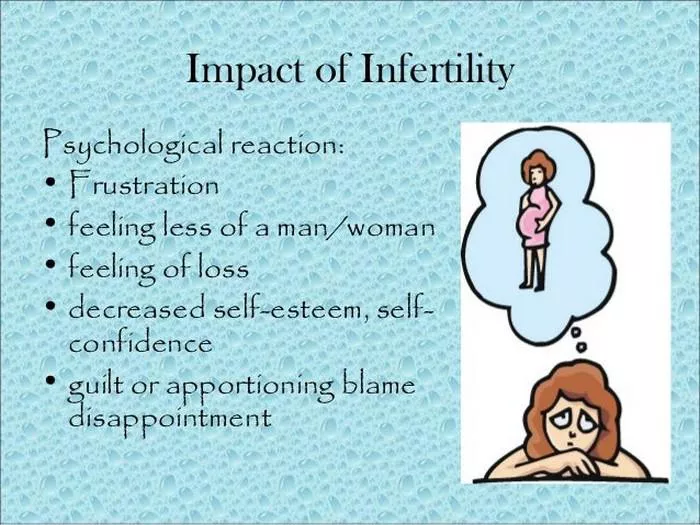Infertility is a challenging and often emotionally fraught journey for individuals and couples who are hoping to conceive. One of the questions that frequently arises on this journey is whether infertility is a permanent condition or if there is hope for a resolution. In this article, we’ll explore the complexities of infertility and whether it is indeed permanent, shedding light on the factors that can influence fertility outcomes.
Understanding Infertility: A Complex Puzzle
Infertility is defined as the inability to conceive after a year of regular, unprotected intercourse for individuals under 35, or six months for individuals over 35. It can stem from a variety of factors, including hormonal imbalances, structural abnormalities, genetic predispositions, and lifestyle choices. Just as a puzzle requires all its pieces to fit together for the full picture to emerge, infertility often involves a combination of factors that can vary from person to person.
Temporary Causes of Infertility: Hope for Resolution
In some cases, infertility may be temporary and reversible, depending on the underlying cause. Just as a temporary roadblock on a journey can be overcome with patience and persistence, addressing specific factors contributing to infertility can sometimes lead to successful conception. For example, hormonal imbalances, ovulation disorders, and certain medical conditions can often be treated with medications or procedures to restore fertility. In these cases, infertility may not be permanent, and individuals may eventually achieve their goal of becoming parents.
Chronic Causes of Infertility: Challenges and Considerations
However, for some individuals and couples, infertility may be due to chronic or irreversible factors that pose greater challenges to conception. Just as a tree with deep roots is difficult to uproot, chronic conditions such as advanced age, severe endometriosis, certain genetic disorders, or permanent damage to reproductive organs may limit fertility potential. In these cases, infertility may be more difficult to resolve, and individuals may need to explore alternative paths to parenthood, such as assisted reproductive technologies or adoption.
Seeking Professional Guidance: Navigating the Options
Navigating infertility can be overwhelming, but seeking guidance from healthcare professionals specializing in reproductive medicine can provide clarity and direction. Just as a seasoned navigator guides a ship through treacherous waters, fertility specialists can assess individual circumstances, conduct diagnostic tests, and develop personalized treatment plans tailored to each person’s unique needs. Whether exploring fertility treatments, adoption, or other options, having a knowledgeable and compassionate team by your side can offer support and guidance along the way.
Embracing Alternative Paths: Finding Fulfillment Beyond Conception
While the desire to conceive and carry a child is deeply ingrained for many individuals and couples, it’s important to recognize that parenthood can take many forms. Just as a garden blooms with a variety of flowers, families can be created through biological children, adoption, surrogacy, or other means. Embracing alternative paths to parenthood can offer fulfillment and joy, regardless of whether infertility is temporary or permanent.
Conclusion:
In conclusion, the question of whether infertility is permanent is complex and multifaceted, with outcomes varying depending on individual circumstances. While some cases of infertility may be temporary and reversible, others may pose greater challenges and require alternative paths to parenthood. Regardless of the outcome, it’s essential to approach the journey with patience, resilience, and an open mind. By seeking professional guidance, exploring all available options, and embracing alternative paths to parenthood, individuals and couples can navigate the challenges of infertility with hope, determination, and courage.
























